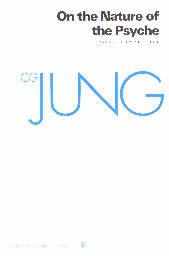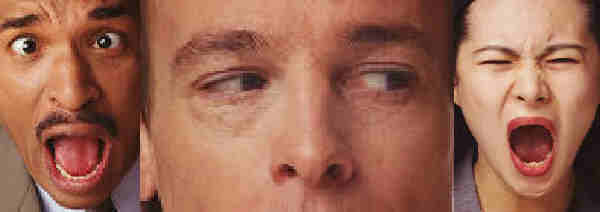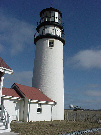The writing of a review of this book is as difficult as reading Jung's writing on the subject of the psyche. He points out that writing ( a conscious activity) about unconscious process is fraught with problems. How does one write about what one doesn't know? The only way is to begin writing consciously and allowing the content to bubble up from the unconscious well. The concept of well is a good metaphor for the unconscious: every time we dip deep into the well we bring up the possibility for refreshing water or muck. We never know until we find out (Matherne's Rule No. 2) by looking into our dipper. The French say "no omelet unless you break an egg." In writing, the "dipping into the well" equivalent is the "free writing" process taught by Peter Elbow -- probably originated by Dorothea Brande in her 1930's writing classes. See her classic book, "Becoming a Writer". I am writing this review using a free writing process, which allows me to write about a book that otherwise I could not begin to write about. At least not without an enormous effort and even then to write in a stilted style, sapped of all life and vibrancy.
The nature of the psyche and the nature of Carl Jung merge in this book. Each subject he covers trails off into an open ended question of the type he admits to evolving into in his dream interpretations. The dilemma he faced in dream work was how to permit the patient complete freedom to interpret her own dream if that freedom permitted no starting place from which to begin?
Lacking the Archimedean lever point of physicists, psychologists are destined to be both the observer and the observed. Their psyches must inspect their own psyches - how, in such a subjective endeavor, can an objective science be formed? In this book, Jung tries to answer this question. The archetypes have a level of reality because their effects on the psyche (via the psyche's effects on the external world) can be observed. For example, the mandala can be observed in its various manifestations of a person's life, even though the internal mandala archetype cannot be observed. In reference to hard physics, Jung points out that atom (a-tom) means "not-divisible", just as unconscious means "not-conscious". Both definitions are negative definitions, and as such point to a reality beyond words. Such is the nature of the psyche.
~~~~~~~~~~~~~~~~~~~~~~~~~~~~~~~~~~~~~~~~~~~~~~~~~~~~~~~~~~
 ~~~~~~~~~~~~~~~~~~~~~~~~~~~~~~~~~~~~~~~~~~~~~~~~~~~~~~
~~~~~~~~~~~~~~~~~~~~~~~~~~~~~~~~~~~~~~~~~~~~~~~~~~~~~~



